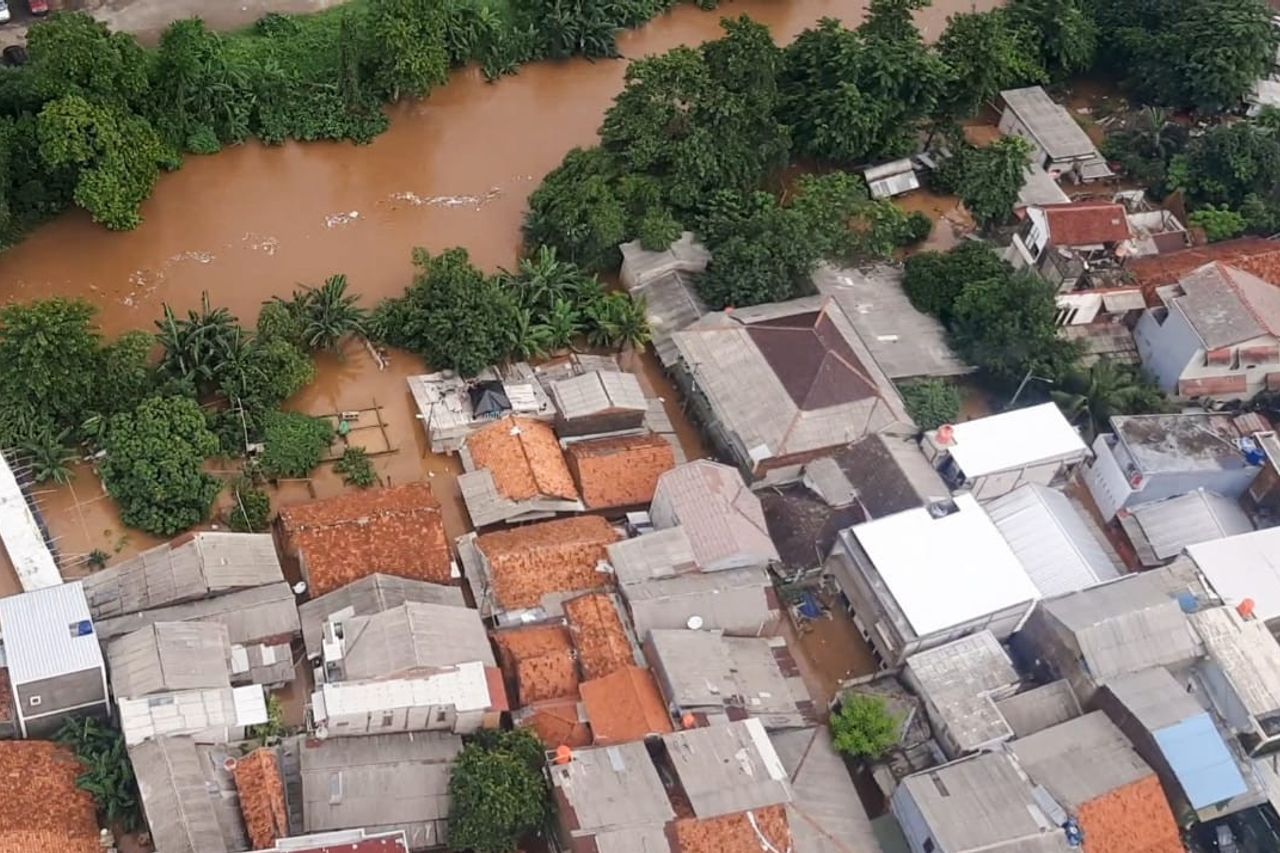Government Study Of Jabodetabek Floods

JAKARTA - Floods hit Jakarta and its surroundings, after several days of heavy rain. This long rainy period is affected by extreme weather.
Head of the Meteorology, Climatology and Geophysics Agency (BMKG) Dwikorita Karnawati explained that the rain that occurred earlier this year was the most extreme in history.
He said, the rainy season has cycles, including the extreme ones. However, the rain that had fallen in recent days was not in accordance with the cycle.
"Extreme intensity rain has a cycle, but it seems that the cycle is getting shorter, which is usually 10 years, 20 years to come in only five years or less," he said, when met at the BPPT Building, Thamrin, Central Jakarta, Friday, January 3. .
Dwikorita said, there are a number of factors causing the long rain cycle to become shorter, one of which is due to global climate change. This can be seen from the indicators of climate change.
"Data for the last 30 years at least indicate an increase in temperature evenly across Indonesia. Starting from 0.1 degrees Celsius to 1.0 degrees Celsius. It looks small, but the impact can be severe and the world limits the temperature change to no more than 2030. 1.5 Celsius. Meanwhile, 2020 is already almost 1.0 Celsius, "he said.

Meanwhile, Head of BNPB Doni Monardo said, the rain that had fallen in recent days was the extreme for 20 years. He saw that from the data about the victims and the areas affected by the flood due to the rain.
"Why is that? Because after I got the data, events or the rainfall that fell on January 1 from 00.00 to 08.00 WIB reached 377 millimeters. If we look at the previous data, this is probably the highest in the past 24 years, "said Doni.
He added that currently Indonesia is facing a dangerous natural phenomenon. As a human being, said Doni, nature cannot be resisted. "So this is a climate phenomenon, let's not disturb nature. If we disturb, nature will disturb us," he said.
The flood that occurred, he said, was caused by several factors. "Among other things, this is a change in vegetation, a change in land use, starting from forest areas, conservation areas to agricultural and mining plantations," he said.
Therefore, the floods that hit Jabodetabek must be a lesson for all parties in the development process, so that they pay attention to the balance of nature. "Do not let us get big economic benefits, but also big loss of life," he said.
